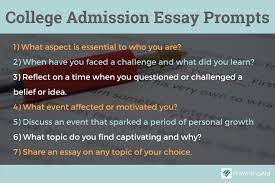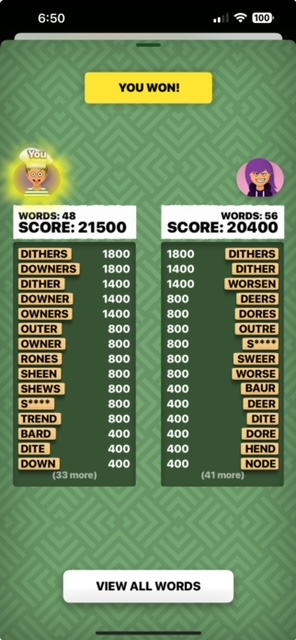Gotta pay dues if you want to sing the blues suggested Ringo. And while I am hesitant to argue with one of the Fab Four, I have to imagine that there may be some blues singers somewhere who had a cushy go of it.
Similarly, what about subtraction. It certainly make sense to me that knowing how seven plus two equals nine would go a long way toward figuring out what nine minus two is. But I bet there are some kids for whom knowledge of subtraction facts preceded an understanding of addition.
And can we talk about “i before e except after c”? Eight feisty atheists leisurely weighing caffeinated heifers would certainly disagree. Seems to this author that i comes before e whenever it darn well feels like it.
Which brings us—“finally” it could be argued—to the following common parental lament: how can my child be successful in college when they can’t even fill in the application for admission?
Filling in the common application requires some ability, no argument. But typing information into those magic boxes on the screen is not the same as getting up on a cold morning and getting to an 8:00 class on time. Writing an application essay is different from composing a theme for first-year English class. Having the social skills and courage to request a recommendation from a high school teacher is different from being a successful component of a group project in Intro to Sociology. In short, there are gazillions of students who have done quite well in college thank you very much who never would have been admitted to post-secondary education if it weren’t for getting a little push on filling in the application.
One of my students was completely and utterly s-t-u-c-k—stuck, stuck, stuck—completely and irretrievably stuck, unable to come up with five hundred words on describe a topic, idea, or concept you find so engaging that it makes you lose all track of time. Why does it captivate you? What or who do you turn to when you want to learn more?
Given that the high school senior was building a nuclear submarine in his basement when he wasn’t inventing his own computer language, it seemed reasonable that they answer that prompt about a captivating topic or idea. That the child had an A in AP English, was to be graduated first in their class of 700 students, and had a 1600 SAT was more evidence that they were capable of writing essays—just, apparently, not the engaging concept application essay.
What to do? The “You Have to Do This Before You Can Do That” School of Parenting might suggest that this child not go to college at all because “how can you have any pudding if you’re going to eat your meat?” He can’t write an application essay! Therefore he can’t go to college!
Another thought would be to sit with this kid, encourage them to get some words on a page, point out that “writing is easy—all you have to do is sit at a typewriter and bleed,” and remind them that “nobody leaves this room until you have 500 words.”
Which is what I—obviously—did. Took something over an hour. Done and done. And I got to play Boggle on my handheld with my daughter while I was “helping”–that is to say staring at the student–while they banged out an essay.
Subsequently—true story—the kid was graduated from Amherst, got a PhD in computer science from Carnegie Mellon, and is now working at one of those tech places the name of which you would recognize earning gazillions of simoleons, making a good living thinking about the next thing that will happen with computers or AI or something I can’t pretend to understand.
It is true that the only place where “intercourse” comes before “introduction” is in the dictionary. But other aspects of cognitive, emotional, and social development can follow seemingly imperfect and unpredictable paths. Not everybody walks before they can run. The sacred duty of loving parents is to provide support and understanding, accepting our kids for who they are, allowing them to learn at their own pace and in their own order.








2 thoughts on “Order Up”
Ahh yes the “I will sit next to you while you write this essay” approach. I personally like the “just 3 sentences today” approach. Or when I start to get fed up, there’s always the “sit at the dining room table and I’ll sit in the library “ approach (I work from home).
But each student does own a story. And it amazes them when they find it!
Agreed, Melissa. And I love the way you expressed it! “Just three sentences today” is brilliant–just the right mix of “we’re in this together” and “this essay has gotta get done!” 🙂